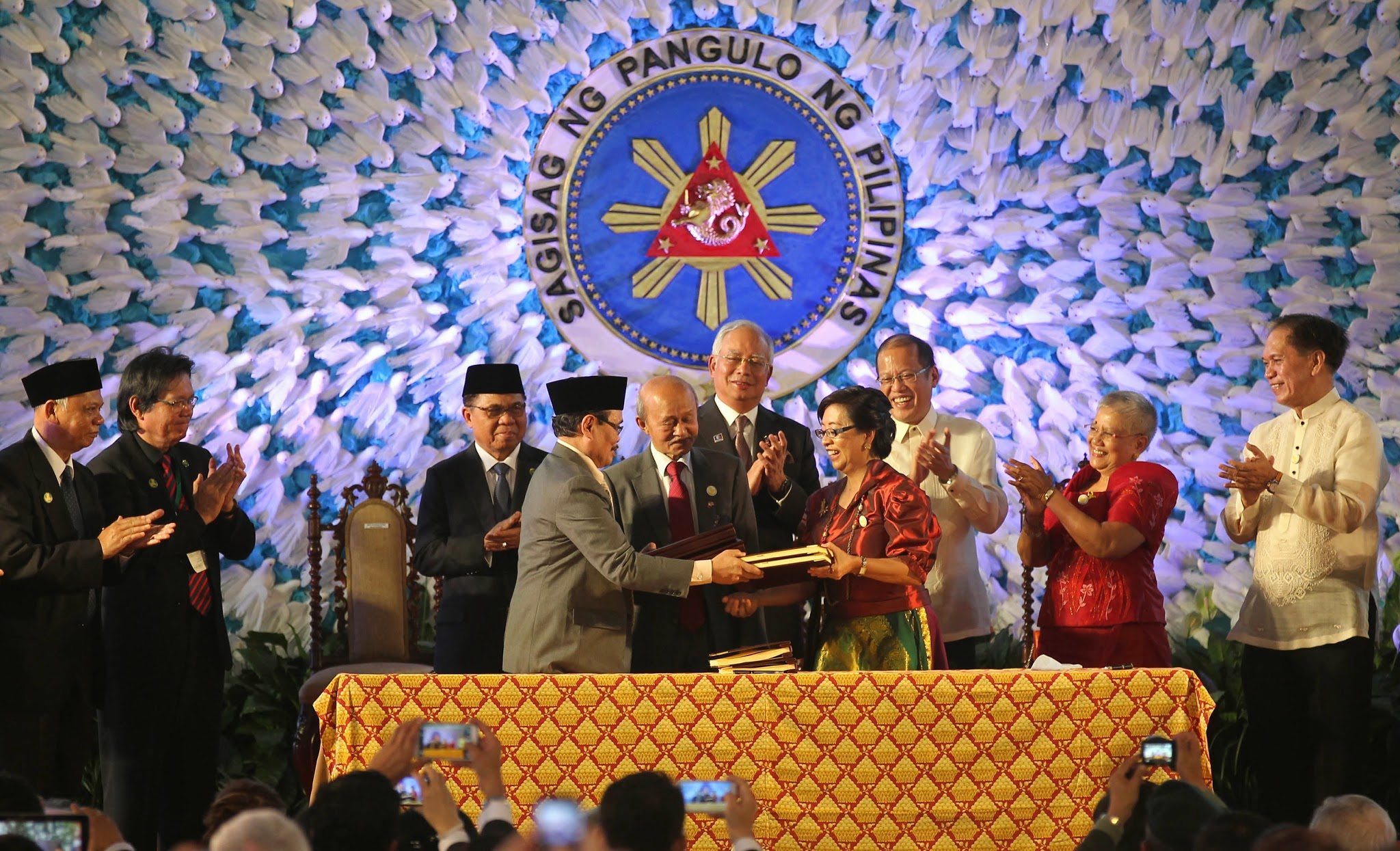
MANILA—Presidential Adviser on the Peace Process (OPAPP) Secretary Teresita Quintos Deles expressed her gratitude to the support and attention that the international community is giving to the Bangsamoro peace process, noting that these indicate the level of success the Philippine government has achieved in pushing peace in Mindanao.
“The level we have on our interchange and conversations with other countries regarding the Mindanao peace process is different (from the local mood),” Deles said in a meeting with media on January 12. “Some of the works that we have done caught the interest of the international community.”
Deles said that such level of international discourse on the Bangsamoro peace process has not happened before in any of the government’s previous peace tables. The level of attention and engagement of the international community in connection with the Bangsamoro peace process only showed that the negotiations are progressive and productive, she said.
“This is a milestone in the peace process. What we went (through) last year only showed the profound understanding of the (interested) sectors on the peace negotiations,” Deles noted.
Because of such support and the commitment of the administration of President Benigno S. Aquino III to ensuring that lasting peace will be put in place in Mindanao, Deles said she is positive that the proposed Bangsamoro Basic Law (BBL) will be passed under the Aquino administration.
“We will continue to work towards the successful conclusion [of the Bangsamoro peace process], towards a bright new dawn of peace, of prosperity, of harmony, for the Bangsamoro, for Mindanao, and for the Philippines,” she said.
Bangsamoro peace process, a model in peacemaking
During a visit to the Philippines last July, Colombian Ambassador Tito Saul Pinilla said his government considers the decommissioning and normalization processes being implemented by the Philippine government (GPH) and the Moro Islamic Liberation Front (MILF) as a model in the ongoing peace negotiations between the Colombian government and the rebel group Fuerzas Armadas Revolucionarias de Colombia (FARC).
“The situation in the Philippines between the government and the MILF is the same with the Colombian government and the FARC. After 25 years of armed conflict, we have come to the peace table and it came to our interest on how the Philippines did the ceremonial decommissioning,” Pinilla stated.
“In the past six months, we are working hard on (our own) peace process but we have not reached our end goal which is the transitional justice and decommissioning as we see that we may face a (difficult) situation in that topic,” Pinilla explained, thus his government’s interest in studying the Philippine experience.
Last June 16, 145 MILF combatants and 75 crew-serve and high-powered weapons were decommissioned in simple ceremonies in Sultan Kudarat to signal Phase I of the normalization process under the Comprehensive Agreement on the Bangsamoro signed between the Philippine government and the MILF.
The International Decommissioning Body (IDB), a multinational independent body led by Turkey, supervised the decommissioning process of the MILF forces and weapons as stipulated in the CAB.
Pinilla said he planned to propose to Colombian President Juan Manuel Santos to use as basis for their government’s own negotiations with FARC the curr